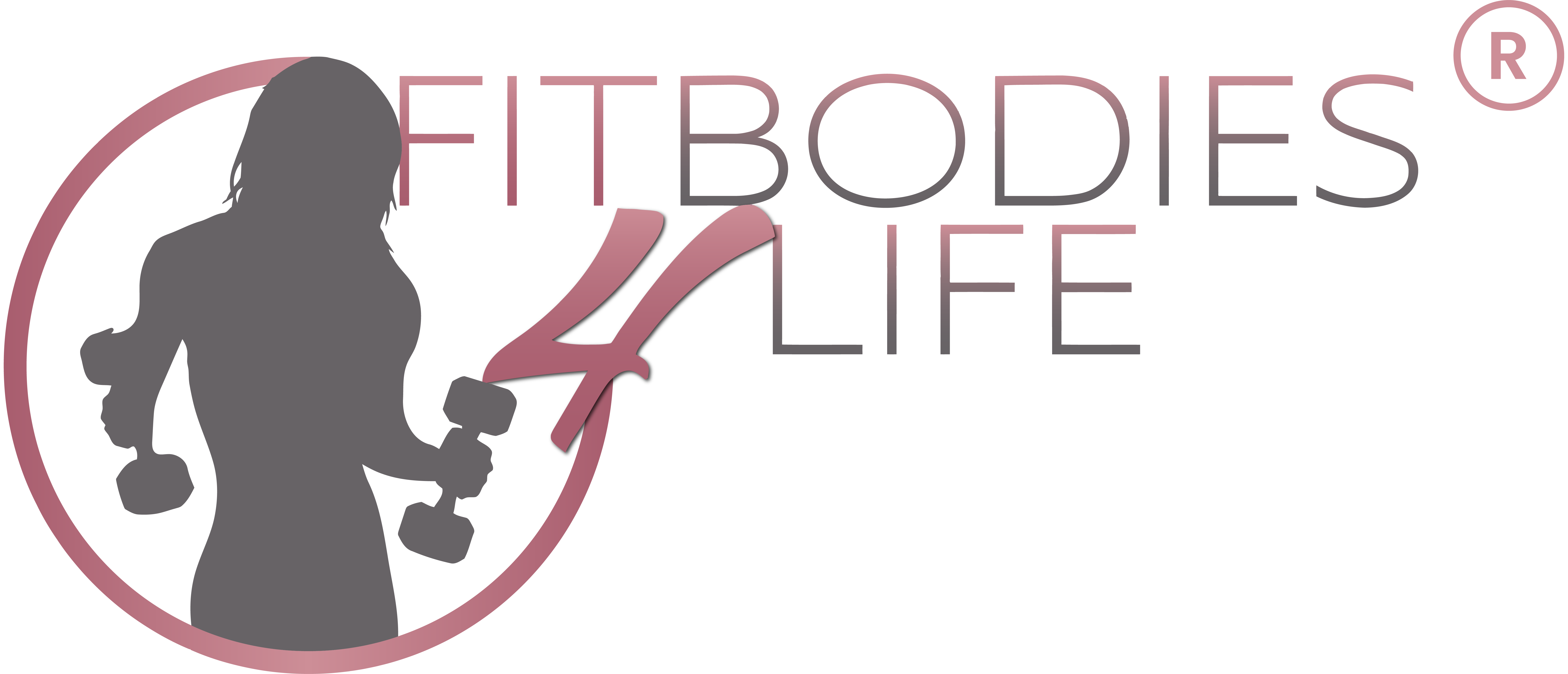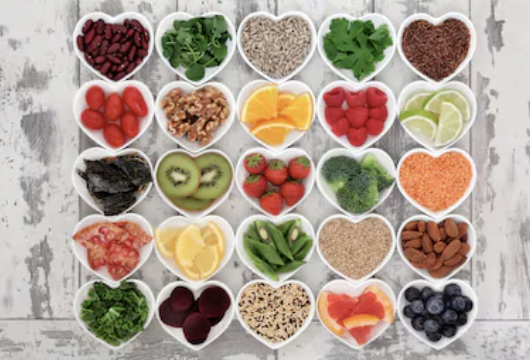Did you ever think you could use Greek yogurt instead of sour cream in your favorite recipe? Or use cauliflower for rice? Imagine all the calories you can save without sacrificing flavor! With just a few simple swaps, you won’t only cut unnecessary calories, but you’ll be feeding your body healthier, more nutritious ingredients. So, give these a try!
Pasta Noodles 1 cup – 221 calories // Spaghetti Squash 31 calories
Sour Cream 1 cup – 445 calories // Plain Greek Yogurt 137 calories
Mayo ½ cup – 458 calories // Avocado 100g – 160 calories
Vegetable Oil ½ cup – 964 calories // Unsweetened Applesauce ½ cup– 52 calories
Tortilla Wrap – 120 calories // Lettuce Leaf – 5 calories
2% Dairy Milk 1 cup – 122 calories // Unsweetened Almond Milk 1 cup – 30 calories
Butter 1 tbsp – 102 calories // Olive Oil 1 tbsp – 119 calories
White Flour 1/3 cup – 165 calories // Oat Flour 1/3 cup – 160 calories
White Rice ½ cup – 103 calories // Riced Cauliflower ½ cup – 12 calories
White Potato – 147 calories // Cauliflower ½ cup – 12 calories
Milk Chocolate Chips 1 tbsp – 70 calories // 60% Cacao Chips – 60 calories
Cinnamon Toast Crunch Cereal ¾ cup – 218 calories // Quick Oats with Cinnamon ½ cup – 150 calories
Vegetable Oil ½ cup – 964 calories // Cooking Spray – 0 calories
Sugar 1 tbsp – 60 calories // Stevia 1 tbsp – 0 calories
Table Salt 1 tsp – 0 calories // Pink Himalayan Salt 1 tsp – 0 calories
You may notice that healthier options aren’t always fewer calories.
Let’s elaborate on this a bit. Calories are important but even more important is where the calories are coming from.
For example, Cinnamon Toast Crunch Cereal has quite a few fewer calories than cinnamon oatmeal does. If you judged foods only by their calories and didn’t continue down the label you would miss the fact that CTC Cereal has a whopping 10 grams of added sugar whereas oatmeal has 0.
Or butter and olive oil. By looking at calories alone, olive oil wouldn’t be your first choice as it contains 119 calories in just 1 tbsp. Looking deeper into the ingredients, however, will show you that olive oil is cholesterol-free and is rich in vitamins E and K and also high in monounsaturated fat, which controls cholesterol levels. Butter, on the other hand, contains 11.5 grams of fat per tbsp, 7 of which are saturated fats.
Saturated fats are known for raising levels of bad cholesterol which can lead to heart disease or stroke.
It’s important to keep in mind that while some foods may be less calories, they aren’t always healthier!
Feeding your body nutrient-dense foods is how you will get your body where you want it to be!
Use our Food Swap Cheat Sheet and start making healthier meals for you and your family.
Want to go a step further?
Join FB4L 30 Day Clean Eating Challenge and learn all about food!!!
What you need in your diet, the things you need to avoid, foods you think are healthy but aren’t, how food affects your hormones and overall health, and so much MORE.
You’ll be amazed at what can happen in 30 days when you follow a clean meal plan!


Leave A Comment